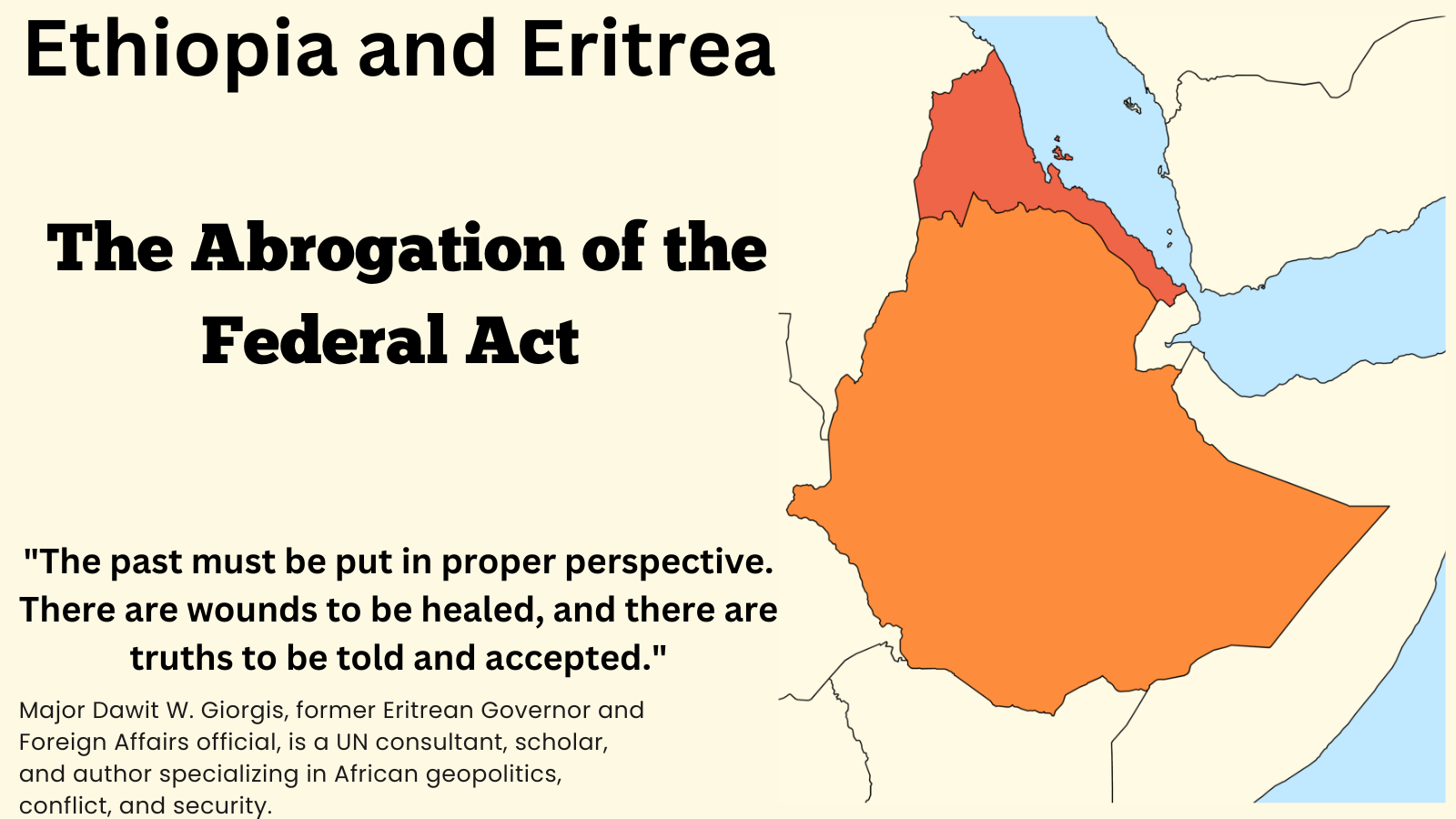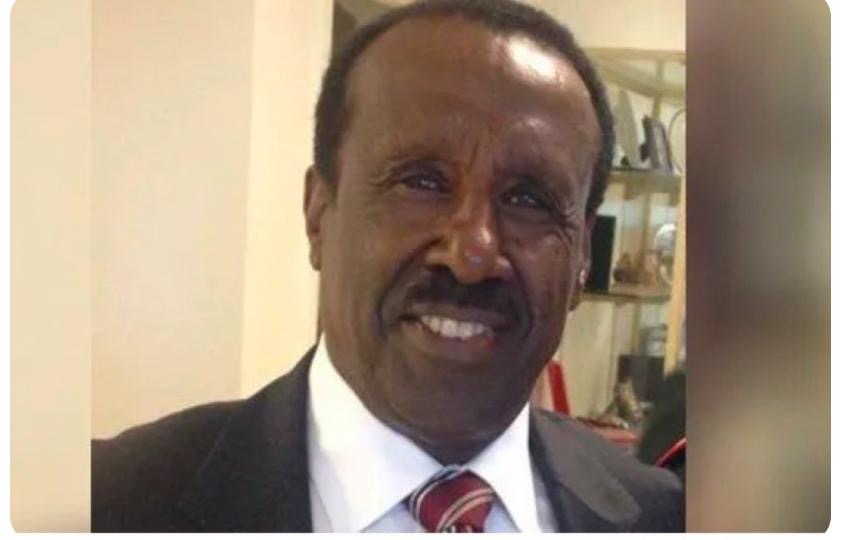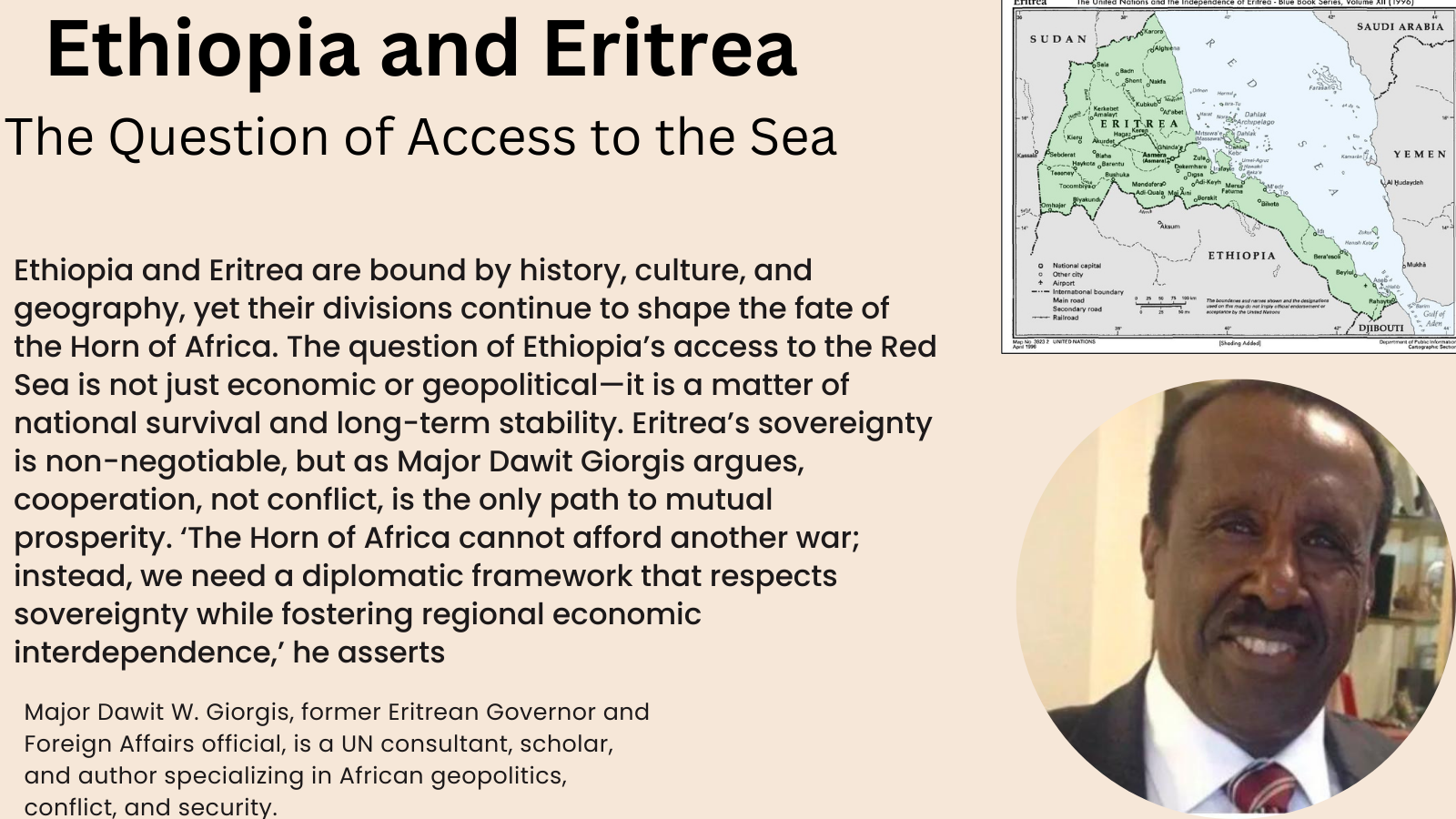Darfur Crisis Intensifies: Sudanese Refugees Struggle for Survival in Chad’s Overcrowded Camps
As conflict escalates in Sudan, thousands flee to Chad, facing dire conditions with inadequate humanitarian aid

Twenty years after the Darfur genocide, history is repeating itself as Sudan plunges into one of the world’s worst humanitarian crises. Since the conflict reignited on April 15, 2023, more than 640,000 Sudanese refugees have poured into neighboring Chad, 89% of them women and children. These displaced people arrive in the town of Adré, near the Sudanese border, which has seen its population swell sixfold in just over a year.

Adré’s population of 240,000 is crammed into temporary shelters, with food shortages and a lack of work compounding the misery. Conditions in these unofficial camps are appalling—overcrowded, unsanitary, and fraught with security concerns. The refugees, fleeing indiscriminate violence from Sudan’s Rapid Support Forces (RSF), bear the scars of physical and psychological trauma. Many suffer from bullet wounds to the legs—a notorious RSF trademark. Urgent medical treatment is available, but aftercare, including prostheses and rehabilitation, is grossly inadequate.
Djadah Ali Ismail, 44, fled West Darfur after RSF militants killed her family. With a baby on her back, she was shot in the leg and carried across the border in a wheelbarrow. “Thanks to physical rehabilitation, I can walk again,” she says, though her life remains in turmoil.

Others, like Djawahir Abdrahman, whose dreams of becoming an accountant were shattered when an RSF grenade left her paralyzed, also find strength in rehabilitation, but with minimal resources, many are left behind. Nasser Bashir, another refugee, relies on a wooden stick he bought from a market to walk, as specialist help for disabled people is scarce.
Food insecurity is a daily struggle in Adré’s camps. Hundreds queue for a single meal, often receiving nothing. “We wait from dawn until mid-afternoon for half a bowl of food,” says one mother. The lack of funding has created a shortfall of $472.25 million in humanitarian aid, leaving refugees to face hunger and illness.
Tensions have escalated over food shortages, with many refugees subjected to violence during aid distributions. Some, like Mariam Adam Haroun Ibrahim, have turned to farm work, though wages are pitifully low. “I can only afford half a bowl of sorghum with my daily earnings,” she says.
Adding to the desperation, the Chadian government predicts the refugee count could rise to 910,000 by the end of 2024 as violence in Sudan continues. The closure of the Adré border, which reopened in August after a six-month shutdown, only worsened the situation, further restricting aid. Allegations from Sudan’s military about weapons trafficking across the border, backed by the UN, have added another layer of complexity.
Despite global attention on Ukraine and the Middle East, Sudan‘s crisis is growing worse by the day. The United Nations is urging world leaders to scale up humanitarian assistance. Antonio Guterres, the UN Secretary-General, has called on the RSF to cease attacks immediately, as reports suggest a full-scale assault on North Darfur’s Al Fashir is underway.

For the millions displaced and struggling to survive, time is running out. A solution to the conflict—and the resources to aid those affected—cannot come soon enough.
With millions displaced, and over 630 new arrivals in Adré each day, the humanitarian crisis in Darfur is spiraling out of control. The need for international attention and aid is urgent. As global leaders meet, the focus must return to this devastating situation in Sudan, where the lives of hundreds of thousands depend on swift action.
Editorial Note
This report was originally covered by Tom Nicholson a freelance journalist based in London whose bylines include contributions to Esquire UK, The Telegraph, Empire Magazine, Evening Standard, and The i Paper. Tom’s storytelling continues to bring critical global issues to the forefront, amplifying the voices of those most affected by conflict and displacement. His dedication to highlighting human suffering in crisis regions, such as Sudan, enriches our understanding of these tragedies and reminds us of the pressing need for international solidarity and action.




